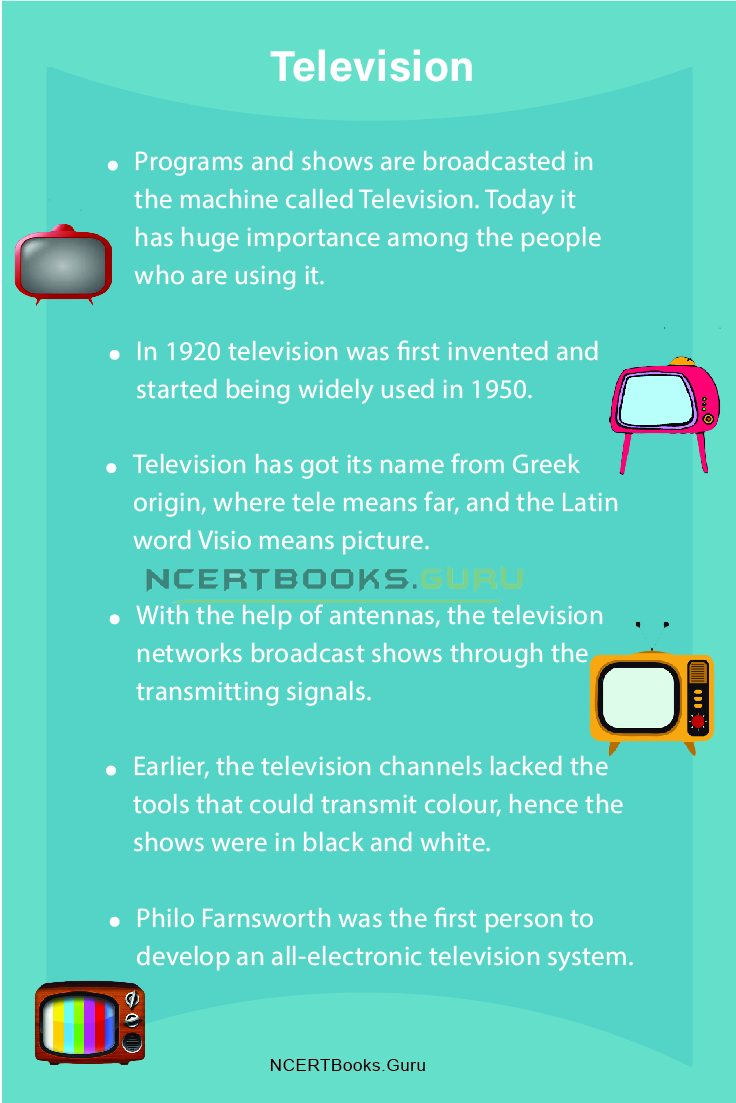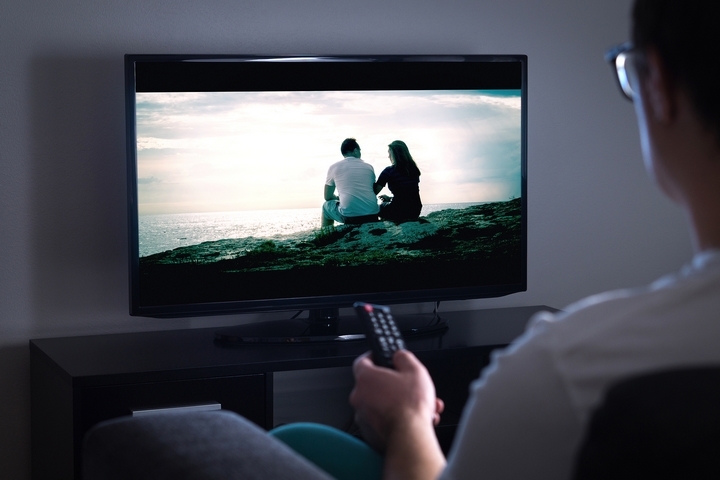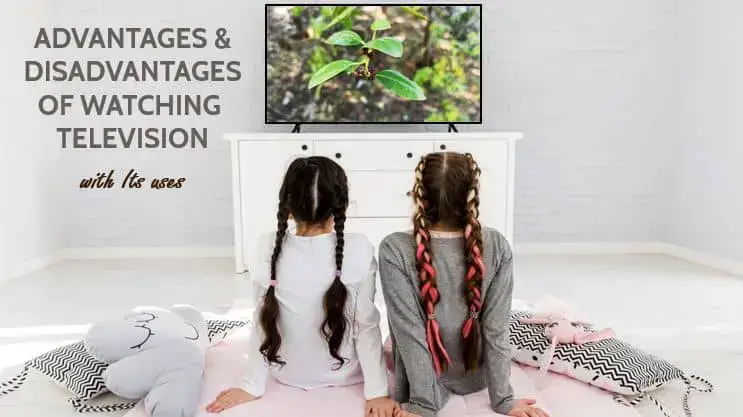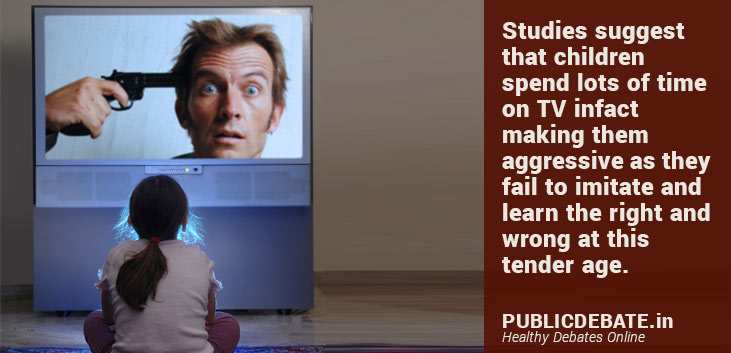Television has been a staple of modern life for decades, and for many people it is an indispensable source of entertainment and information. However, there are also valid arguments against the role of television in society. In this essay, I will explore some of the arguments against television and consider their merits.
One argument against television is that it can be harmful to children's development. Studies have shown that children who watch excessive amounts of television are more likely to have attention problems and are at higher risk for obesity. Television can also expose children to inappropriate content, such as violence and sexual themes, which can have negative effects on their behavior and attitudes.
Another argument against television is that it can be a distraction from more important activities. Television can consume a significant amount of time, and this time could be better spent on activities that promote personal growth, such as reading, exercising, or spending time with family and friends. Television can also be a sedentary activity, which can contribute to a lack of physical activity and poor overall health.
A third argument against television is that it can contribute to a culture of passivity. Television is often a passive activity, where viewers sit and consume media rather than actively engaging with it. This can lead to a lack of critical thinking and a reliance on others to provide entertainment and information. In contrast, activities such as reading, which require more active engagement, can help promote critical thinking and personal growth.
Despite these arguments against television, it is important to recognize that it can also have positive effects. Television can be a source of education and information, and it can bring people together through shared viewing experiences. It can also be a source of entertainment and relaxation, which can be beneficial for mental health.
In conclusion, there are valid arguments against the role of television in society. However, it is important to consider the potential negative and positive effects of television and to use it in moderation. It is up to each individual to determine the role that television plays in their life and to make informed decisions about its use.







